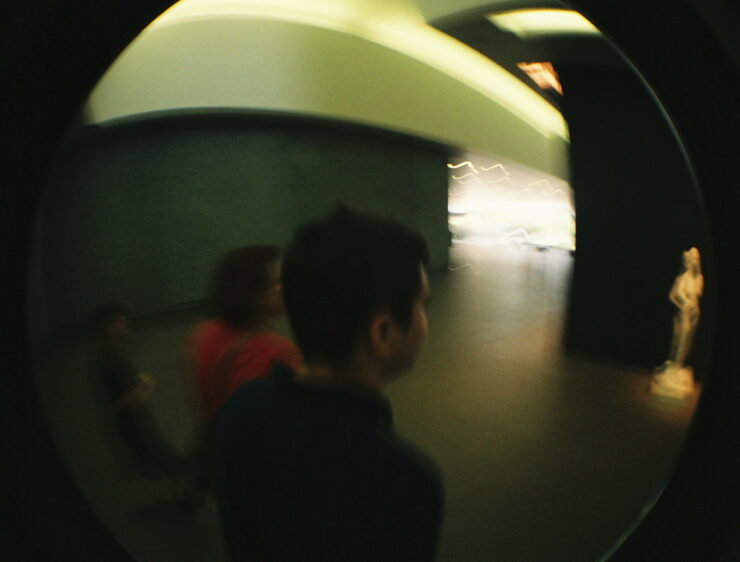Kennisbank
Crowdfunding the Queer Museum: A Polycentric Identity Quarrel

This case study illustrates how identities can be conceived as knowledge commons and how they can develop and be mobilized in situations of public contestation. The chapter uses the case of an art exhibition project carried out during 2018 in Brazil that portrayed a large number of queer- and LGBT- related visual artworks from Latin America. The exhibition was not merely an artistic project, but also inaugurated a public debate around under-represented voices and their relationship to contemporary visual arts. The organization and disputes around the “Queer Museum: Cartographies of Difference in Brazilian Art” serve to elaborate on how agents seek public legitimation by relying on shared resources, namely identities and alternative infrastructures. Unlike most art exhibitions, the Queer Museum (QM) combined the quest for representation with bottom-up ways of curation using alternative funding tools. Out of necessity, crowdfunding became the most viable route when market-state bodies refused to continue the exhibition after extensive conservative protests against its queer content. Facing barriers within cultural institutions and governments, its organizers sought to channel their frustration towards alternatives available to them: an open funding mechanism, a process of open curation of events, and a diverse institutional setting. That resulted in a situation where markets intertwined with the pursuit of social and political goals. Given the importance of the case for these interpretations, the chapter starts with a comprehensive description of the project development in two main phases: a) the first public exhibition and the emergence of conservative protests; and b) the crowdfunding alternative and the re-integration in a semi-public institution.
Continue ReadingAuteur: dr. Carolina Dalla Chiesa

